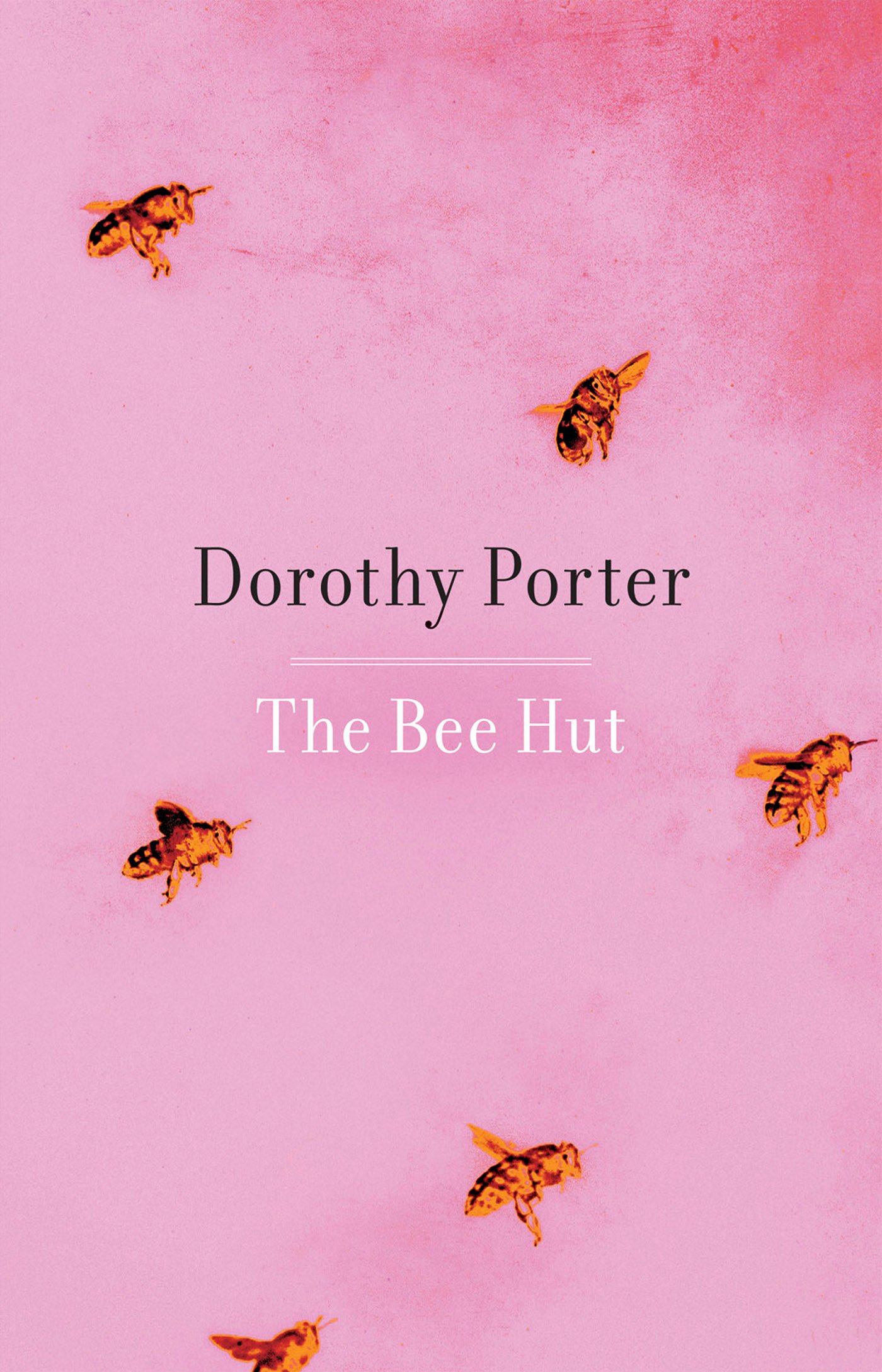
- Free Article: No
- Contents Category: Poetry
- Review Article: Yes
- Article Title: ‘The greedy, bleeding pen’
- Online Only: No
- Custom Highlight Text:
The Bee Hut, Dorothy Porter’s fifteenth book, is a collection of poems written between 2004 and her death in December 2009. Many poems address mortality: ‘nothing lasts / not Forster. not Cavafy’s eloquent doomed mediocrities. not you.’ Another important motif is travel and how it affects the traveller. There are two almost contrary themes in the travel poems: the recurring image of the artist as vulture or vampire, destroying what feeds it; and the stately museum or gallery preserving the past intact: ‘I hold in my hand / the greedy, bleeding / pen / that has always / gorged itself’ (‘Blackberries’); ‘Each new ghost in my life / living and dead / smells of mulch’ (‘Vampire’).
- Book 1 Title: The Bee Hut
- Book 1 Biblio: Black Inc., $24.95 pb, 160 pp, 9781863954464
- Book 1 Cover Small (400 x 600):

- Book 1 Cover (800 x 1200):

Unlike many earlier poems in her verse novels, where the last lines deflate the poem, with some unexpected crudity or colloquialism jumping headily in, here that mannerism is used less frequently, and Porter’s spare cut lines seem to radiate around often commonplace words. Many poems are lit with unanswerable questions that celebrate uncertainty or possibility, while others are tenuously self-doubting. She repeats adjectives as if language itself must fail the poem or fold in on itself before some indescribable perception: ‘glorious, glorious’, ‘the faintest faintest / fragrance’, ‘my own helpless helpless fragility’. Repetition, however, can seem idle rather than intense, just as the short lines can race rather than stun. In ‘Bluebottles’ and ‘The Ninth Hour’, repetition ticks through the poems:
I have come to a bridge
of dissolving boneI have come to a place
of burning cold(‘The Ninth Hour’)
Porter’s work usually follows a narrative thread that propels her poems. This ends with the poet’s assertive attempt to solve a dilemma: ‘I stand my ground / in the undaunted spray / and company / of my own words.’ The tempo is sometimes glacial and restrained, as in ‘The Ninth Hour’, but more often it trips with drawn-out assonance. In ‘Things’, the poet again contemplates what remains, while wandering through a museum: ‘It’s just our things / that survive / dissolving in the end / even the most sticky / of our clutching / smudges.’ Yet Porter’s poetry is not always so straightforward, and some less successful poems topple with adjectives.
One of the best poems, ‘Ode to Agatha Christie’, is also the least typical, as it bends into rhyme:
I tangle in the plot
chasing the hit-and-run driver
of my careless past tense.
Why does my childhood swimming pool now stagnate darkly
behind a high wire fence?
Each stanza mimics scenes and characters, recreating Christie’s atmosphere. ‘Jerusalem’, in the travel sequence, imagines by default the psalmist David, and skewers any possible romanticising. Later, Porter debunks any radical intention behind Whitman’s style: ‘I can hear his lonely heart / howling / at the turned back / of some deaf rough trade’ (‘Lucky’). The unmasking of persona and pretension is a frequent preoccupation throughout Porter’s work. A further concern here is what can remain through the preservation, or mask, of art or memory: ‘In the Smithsonian / specimen brains / of inferior species / float in tanks / like grainy fish’ (‘Wolfgang’). The poet recalls an African guide, and the poem concludes: ‘Or is Wolfgang’s / proud scalp / now my tank’s most authentic / pickled star?’ Both tourist and poet profit and preserve.
The song lyrics near the end, written in nebulous yet simple language that lacks impetus, are the least successful works in the book. The most interesting lines are Porter’s instructions to future singers. One character, Imagination, is to be sung ‘with hypnotising allure by a counter-tenor dressed in very dirty black silk pyjamas’.
Even in the grimmest poems, there is an unstoppable joie de vivre that is impatient with reflection. This may explain the short lines that seem to imply more than they state. Porter was suspicious of the cerebral, as though it might negate the heartfelt. Her seeming naturalism appeals to readers, as did her willingness – and ability – to explain her work. Her techniques, eschewing metre, pun or linguistic complexity, stick mostly to the traditions of consonance, assonance, alliteration – ‘a dozing old shed’, ‘the long thorn hours’, ‘the star-scorched flank’, ‘spunky company’ – with rhythm supplied by repetitions or recurring sounds within a poem. From her first book, Little Hoodlum (1975), to this, her last, Porter’s distinctive style flickers and unsettles. Then there were the longer dramatic monologues, partly inspired by Bruce Beaver’s, and which eventually formed the popular verse novels.
Some of the best poems in this collection are the most calmly ordered: ‘David’, ‘Ode to Agatha Christie’, ‘The Sea Hare’, ‘The Ninth Hour’, ‘Bluebottles’ and ‘Head of Astarte’:
Goddess in the London antiquties shop window,
whose starry name once soared,
how can your null and void terracotta headshore me against my ruin?


Comments powered by CComment